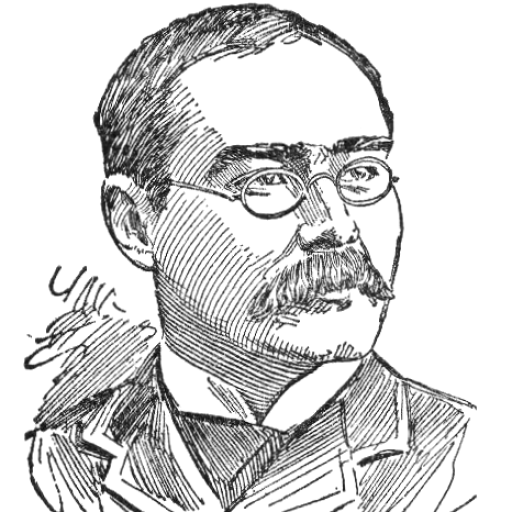This poem, set one generation after the Norman Conquest of England, is about the principles of good government. The rule of French-speaking Norman aristocracy over Germanic-speaking Saxon peasantry was a feudal rule, which at its best was paternalistic. The word “paternalism” has a negative connotation nowadays, but literally it means “behaving like a father” – assuring the well-being of others (albeit by taking the decisions for them).
Feudalism is of course out of fashion nowadays, when even the most brazen dictatorships advertise themselves as “democracies”. But many would argue that the change is less than meets the eye. Concentration of corporate capital in industrially advanced countries (the top one percent owns more than half of it) is remarkably similar to the concentration of land in the Middle Ages, when land ownership was by far the most important form of capital. In Western democracies the leadership of each political party is very much an elite club, and the choice of the voters is mostly limited to deciding which elite they want to be ruled by. An elite that obtains the consent of the governed can maintain its rule; an elite which does not maintain it faces nowadays a voter’s revolt, as it faced numerous peasant revolts in the Middle Ages.
So how can the rulers maintain the consent of the governed? This poem spells out the principles of good government:
- Listen to the people, know their point of view: “hear ’em out if it takes you all day“;
- Be fair – treat people in a consistent way, do not be arbitrary and capricious: “when he … grumbles, `This isn’t fair dealing,’ my son, leave the Saxon alone“;
- Be reasonable – giving in to sensible demands is not a sign of weakness: “They’ll be at you and on you like hornets, and, if you are wise, you will yield“;
- Behave in public like “plain folks”: “Say `we’, `us’ and `ours’ when you’re talking, instead of `you fellows’ and `I’ “;
- And the most important principle of governing is to gain the trust of the governed – to let people know you keep your word. Therefore it is the end point of the poem: “and never you tell ’em a lie!”
Norman and Saxon
“My son”, said the Norman Baron, “I am dying, and you will be heir To all the broad acres in England that William gave me for my share When we conquered the Saxon at Hastings, and a nice little handful it is. But before you go over to rule it I want you to understand this: - “The Saxon is not like us Normans. His manners are not so polite. But he never means anything serious till he talks about justice and right. When he stands like an ox in the furrow with his sullen set eyes on your own, And grumbles, `This isn't fair dealing,’ my son, leave the Saxon alone. “You can horsewhip your Gascony archers, or torture you Picardy spears; But don't try that game on the Saxon; you'll have the whole brood round your ears. From the richest old Thane in the county to the poorest chained serf in the field, They'll be at you and on you like hornets, and, if you are wise, you will yield. “But first you must master their language, their dialect, proverbs and songs. Don't trust any clerk to interpret when they come with the tale of their wrongs. Let them know that you know what they're saying; let them feel that you know what to say. Yes, even when you want to go hunting, hear 'em out if it takes you all day. “They'll drink every hour of the daylight and poach every hour of the dark. It's the sport not the rabbits they're after (we've plenty of game in the park). Don't hang them or cut off their fingers. That's wasteful as well as unkind, For a hard-bitten, South-country poacher makes the best man-at-arms you can find. “Appear with your wife and the children at their weddings and funerals and feasts. Be polite but not friendly to Bishops; be good to all poor parish priests. Say `we', `us' and `ours' when you're talking, instead of `you fellows' and `I'. Don't ride over seeds; keep you temper; and never you tell 'em a lie!”

